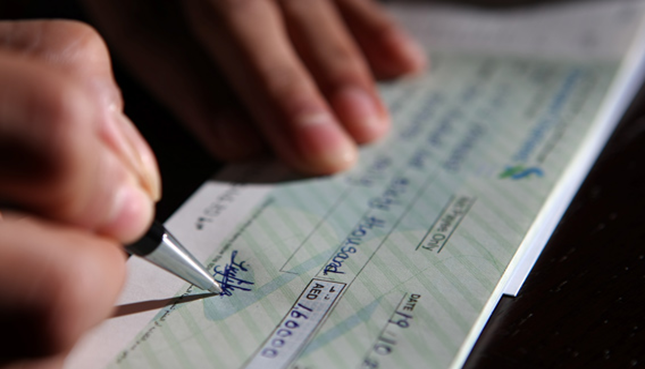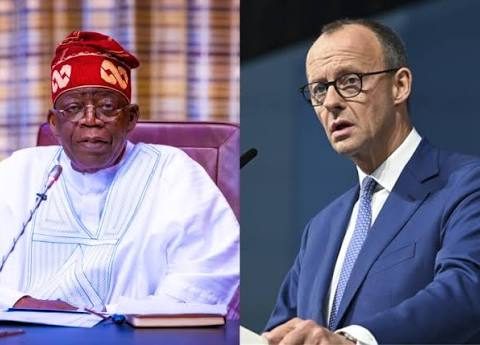The Ghanaian government has announced that all state entities will stop using manual cheques for financial transactions by the end of the
first quarter of 2026, marking a significant step in the country’s public financial management reforms.
The move will require all ministries, departments, agencies (MDAs), and metropolitan, municipal, and district assemblies (MMDAs) to carry out payments
electronically, aiming to strengthen accountability, efficiency, and transparency in the management of public funds.
Ghana Manual Cheques
Kwasi Agyei, Controller and Accountant-General of Ghana, made the announcement on November 20 during a stakeholder meeting with banks in Accra. The meeting focused on finalising the integration of the Ghana Interbank Payment and Settlement Systems (GhIPSS) with the Ghana Integrated Financial Management Information
System (GIFMIS) electronic funds transfer platform.
“This initiative is not merely a technology upgrade,” Agyei said. “It is a major step toward reinforcing accountability, increasing efficiency, and promoting
transparency in the use of public resources.”
Despite progress in modernising payment systems, Agyei noted that continued reliance on manual cheques exposed public funds to operational inefficiencies.
fraud risks, and challenges in reconciling accounts. He said the full rollout of the GhIPSS–GIFMIS platform is critical to safeguarding the integrity of
government transactions.
The Public Financial Management Act (Act 921) already mandates the use of GIFMIS for managing government funds, but many entities have bypassed the system, causing delays in financial reporting and higher costs from manual processes.
Agyei warned that any delays in integration could slow the nationwide rollout and prolong inefficiencies.
The transition, he emphasized, is not optional but a statutory requirement, and he urged banks to treat it as a shared national responsibility. “We have come too far in this reform process to allow manual cheques to hold back the integrity of our financial systems,” Agyei said.
The Bank of Ghana (BoG) has voiced strong support for the reform. Second Deputy Governor Matilda Asante-Asiedu highlighted that digitising payments would give the Comptroller and Accountant-General Department a real-time view of government expenditure and revenue, enabling better planning and decision-making.
She called on banks to fully support the shift, warning that continued use of manual cheques could undermine the national reform agenda.
The Ghanaian government’s deadline for full electronic payments is the first quarter of 2026, after which all manual cheque processing will be discontinued.













